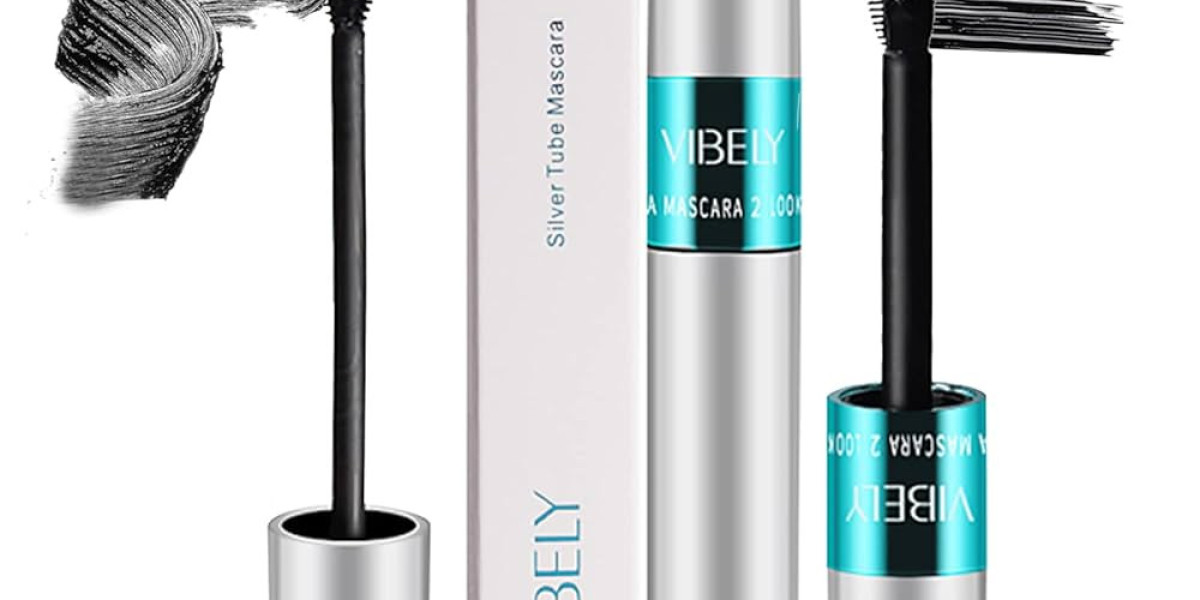A Mood Disorders Clinic offers a comprehensive range of services tailored to individuals experiencing various mental health challenges, particularly children and adolescents. These clinics specialize in the diagnosis, treatment, and long-term management of conditions such as ADHD/ADD, anxiety disorder, mood disorder, PTSD and trauma disorder, psychotic disorder, personality disorder, sleeping disorder, schizophrenia treatment, and alternative approaches like symbolism healing and dream interpretation. One of the most impactful approaches in these clinics for younger patients is behavior modification, a strategy that addresses the behavioral symptoms of emotional and psychological disturbances. Through this, young individuals receive the support needed to develop healthier coping mechanisms, improve interpersonal relationships, and build emotional resilience.
How can a Mood Disorders Clinic help individuals with ADHD or ADD manage emotional dysregulation and impulsivity?
For children and adolescents dealing with ADHD or ADD, emotional regulation and impulsivity often interfere with academic performance, peer relationships, and family dynamics. Within a structured clinical environment, behavior modification techniques are applied to teach children how to recognize emotional triggers, delay impulsive actions, and use positive behaviors to replace disruptive ones. Therapeutic interventions, combined with cognitive-behavioral techniques, help reshape thinking patterns that fuel impulsive responses and emotional outbursts.
What types of mood disorder treatments are typically offered at a Mood Disorders Clinic for patients with major depressive or bipolar conditions?
Treatments for mood disorders such as depression and bipolar disorder often involve a multidisciplinary approach that includes psychotherapy, medication management, and lifestyle interventions. Cognitive Behavioral Therapy (CBT), Dialectical Behavior Therapy (DBT), and interpersonal therapy are widely utilized to help young patients understand their emotional patterns and improve their mood stability. In addition to talk therapy, medication may be introduced to balance brain chemistry, particularly in cases of severe depressive episodes or manic behavior, with ongoing monitoring from clinical professionals.
Can a Mood Disorders Clinic provide effective anxiety disorder therapies alongside treatment for mood instability?
Yes, anxiety disorder treatment is often integrated with mood disorder interventions. Since anxiety and mood instability frequently coexist in children and teens, the clinic may employ a dual-diagnosis treatment plan. Techniques like exposure therapy, relaxation training, and CBT are used to reduce anxiety symptoms while mood fluctuations are stabilized through medication or counseling. The aim is to create a calm and structured therapeutic environment where both disorders are addressed simultaneously.
How do Mood Disorders Clinics support individuals recovering from PTSD and trauma disorders while managing mood swings?
Trauma-focused therapies are a key component in treating PTSD and trauma disorder in youth. Emotional dysregulation and mood swings are common among those with a history of trauma. Clinicians in the clinic use evidence-based treatments like EMDR (Eye Movement Desensitization and Reprocessing), trauma-focused CBT, and family therapy. These treatments help children reprocess traumatic memories, reduce their emotional impact, and learn tools to regulate moods. The supportive clinical atmosphere also provides a safe space for processing grief, fear, and anxiety.
Is it common for a Mood Disorders Clinic to treat psychotic disorders with co-occurring mood disorders like depression or mania?
It is not only common but essential. Many adolescents experience overlapping symptoms of psychotic disorder and mood disorders, such as depressive or manic episodes alongside hallucinations or delusions. Treatment protocols at the clinic are carefully designed to address both symptom categories. Antipsychotic medications, mood stabilizers, and structured psychotherapy sessions are coordinated to ensure that emotional and perceptual disturbances are treated concurrently, reducing the risk of relapse or crisis episodes.
Can people with personality disorders benefit from therapy programs offered at a specialized Mood Disorders Clinic?
Adolescents with emerging personality disorder symptoms greatly benefit from early therapeutic interventions. These clinics offer DBT and schema therapy, which help individuals become aware of harmful patterns in thinking and behavior. Family therapy is also often included to support better communication at home and strengthen emotional bonds. Early identification and intervention are crucial for helping youth develop healthier personality traits and prevent long-term social and emotional difficulties.
Do Mood Disorders Clinics provide comprehensive care for sleeping disorders linked to mood imbalances like depression or anxiety?
Yes, sleeping disorder management is an integral part of treatment plans at these clinics. Since poor sleep can worsen symptoms of depression and anxiety, interventions often include sleep hygiene education, relaxation training, and, when necessary, medication. Clinicians also explore underlying emotional causes of insomnia or sleep disturbances. By improving sleep quality, the overall effectiveness of mood and anxiety treatments is significantly enhanced, supporting holistic recovery.
How do Mood Disorders Clinics approach schizophrenia treatment when mood-related symptoms are also present?
Schizophrenia treatment in children and teens is complex and typically involves antipsychotic medication, individual therapy, family education, and support groups. When mood symptoms such as depression or mania are also present, the treatment plan includes mood stabilizers and therapy sessions that focus on emotional regulation. These clinics emphasize coordinated care where psychiatric, psychological, and family components work together to address the full spectrum of symptoms and ensure a stable developmental path.
Does a Mood Disorders Clinic incorporate symbolism healing as part of holistic therapy for emotional and psychological recovery?
Some clinics offer holistic and integrative therapies such as symbolism healing to complement conventional treatment methods. Symbolism healing can involve art therapy, guided imagery, and metaphorical storytelling, all of which help children externalize and process complex emotions. This technique allows young individuals to symbolically express fears, trauma, or confusion, creating a bridge between their subconscious mind and conscious healing.
Can dream interpretation or dream analysis be used in Mood Disorders Clinics to understand subconscious emotional triggers?
Dream interpretation or dream analysis is another optional service provided by some clinics, particularly those with a focus on psychodynamic therapy. Dreams can reveal subconscious conflicts or unresolved trauma. By analyzing dream content with the help of a trained therapist, adolescents may gain insight into their internal struggles, leading to greater emotional self-awareness and healing. This approach can be particularly helpful for those who find verbal communication difficult or who have deeply rooted psychological issues.
Behavior modification for children and adolescents remains a cornerstone of treatment across all these services.
It provides the practical tools and daily reinforcement necessary for young individuals to replace maladaptive behaviors with healthier responses. This is especially crucial in a Mood Disorders Clinic, where many conditions overlap and reinforce each other. By instilling structure, accountability, and rewards for positive behaviors, clinicians help children develop self-control, responsibility, and confidence.
In summary,
a Mood Disorders Clinic is uniquely equipped to offer multifaceted treatment plans that address a wide range of psychological and emotional issues in children and adolescents. Through integrated therapies such as behavior modification, psychotherapy, medication, symbolism healing, and even dream analysis, these clinics create a healing environment that fosters long-term mental wellness and personal growth. Whether dealing with ADHD/ADD, anxiety disorder, mood disorder, PTSD and trauma disorder, psychotic disorder, personality disorder, sleeping disorder, schizophrenia, or other psychological challenges, young individuals receive comprehensive, compassionate care tailored to their unique needs.
















